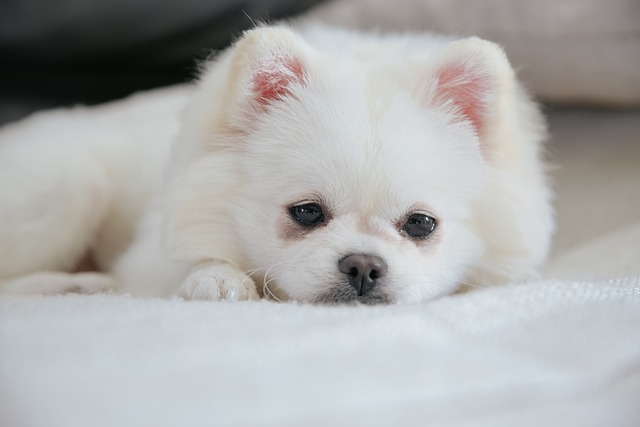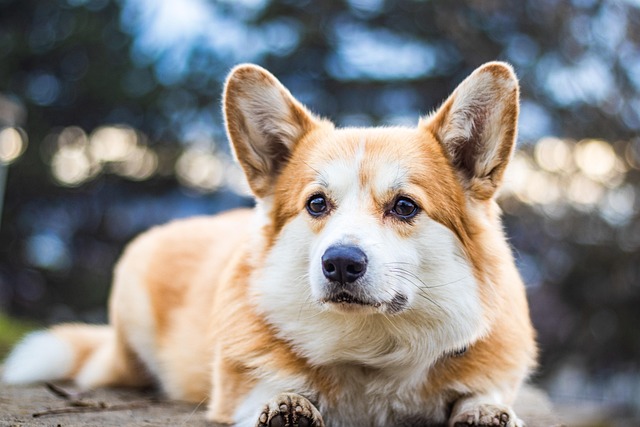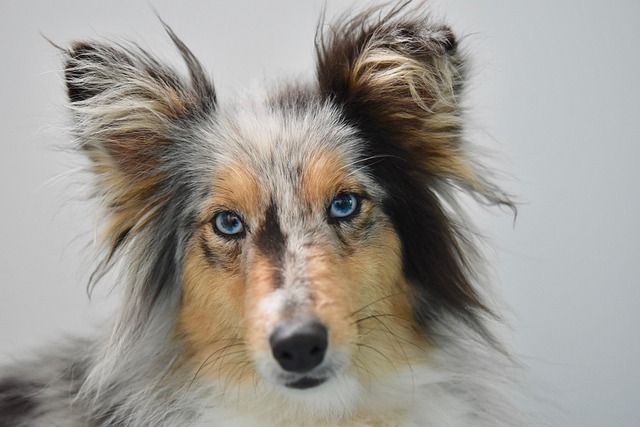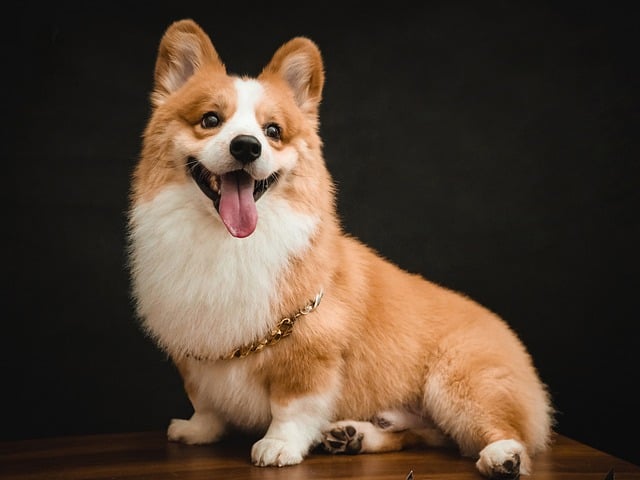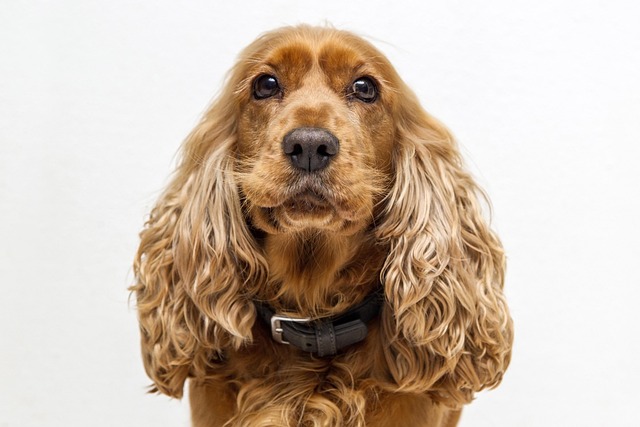Discovering a mess from your puppy indoors can be frustrating, but the way you respond shapes their behavior. Instead of traditional “punishment,” think of it as teaching them where it’s okay to go. Let’s explore gentle, effective methods that build trust while getting the message across.
First off, never hit, yell, or rub your puppy’s nose in the mess. In many regions, such actions fall under animal cruelty regulations and can harm your bond. Physical punishment often scares puppies, making them anxious and less likely to learn. They might even hide messes out of fear, creating more problems down the line.
When you catch your puppy in the act, use a firm, calm “no.” Immediately pick them up (if safe to do so) and take them outside to the designated potty area. Stay there until they finish, then shower them with praise and a small treat. This positive association helps them connect outdoor pottying with rewards, rather than associating you with anger.
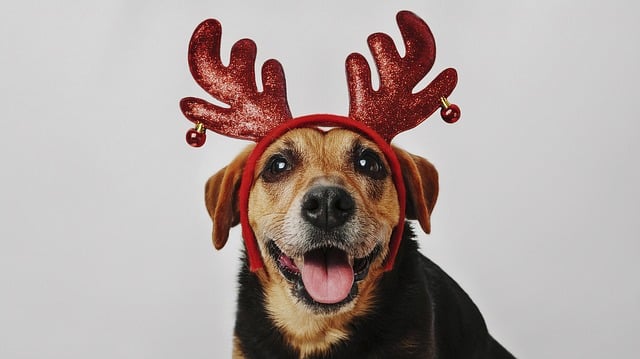 Clean indoor accidents thoroughly using an enzymatic cleaner. Regular household cleaners may not eliminate the scent, which can prompt your puppy to revisit the same spot. These special cleaners break down the organic matter, ensuring your home smells fresh and discourages repeat “offenses.” Plus, maintaining a clean living space is part of responsible pet ownership in any community.
Clean indoor accidents thoroughly using an enzymatic cleaner. Regular household cleaners may not eliminate the scent, which can prompt your puppy to revisit the same spot. These special cleaners break down the organic matter, ensuring your home smells fresh and discourages repeat “offenses.” Plus, maintaining a clean living space is part of responsible pet ownership in any community.
Set a consistent schedule for potty breaks. Puppies typically need to go after eating, drinking, waking up, or playing. Take them outside every 1 - 2 hours, especially if they’re young. Stick to the same routine daily so they learn when and where to expect these trips. Consistency makes it easier for them to adapt and reduces the chance of indoor accidents.
If accidents keep happening, consider crate training. A crate provides a safe, den - like space where puppies are less likely to soil, as they naturally avoid soiling their resting area. But make sure the crate isn’t used as a form of punishment. Instead, fill it with comfortable bedding and toys, making it a cozy place they’ll want to be. Check local animal welfare guidelines to ensure proper crate use.
Remember, puppies are learning. It takes time and patience for them to master potty training. Every small success deserves celebration, and setbacks are just part of the process. By focusing on positive reinforcement and understanding their needs, you’ll teach your puppy good habits while strengthening your relationship.
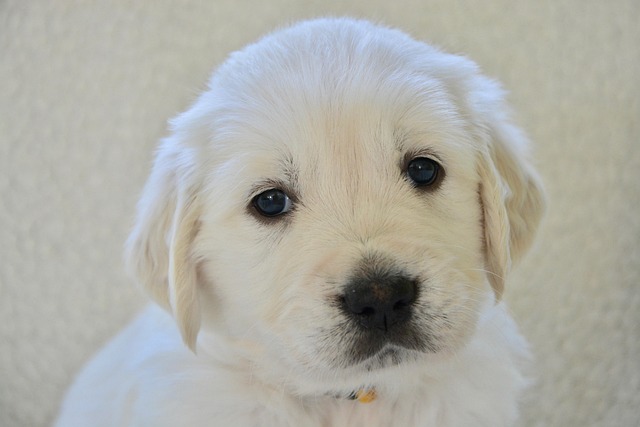
 Clean indoor accidents thoroughly using an enzymatic cleaner. Regular household cleaners may not eliminate the scent, which can prompt your puppy to revisit the same spot. These special cleaners break down the organic matter, ensuring your home smells fresh and discourages repeat “offenses.” Plus, maintaining a clean living space is part of responsible pet ownership in any community.
Clean indoor accidents thoroughly using an enzymatic cleaner. Regular household cleaners may not eliminate the scent, which can prompt your puppy to revisit the same spot. These special cleaners break down the organic matter, ensuring your home smells fresh and discourages repeat “offenses.” Plus, maintaining a clean living space is part of responsible pet ownership in any community.